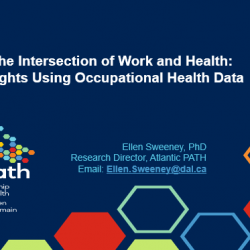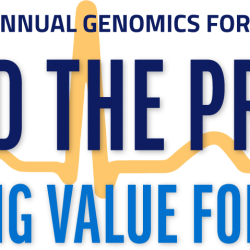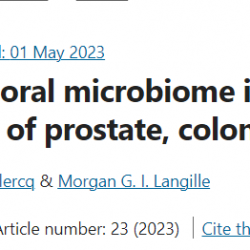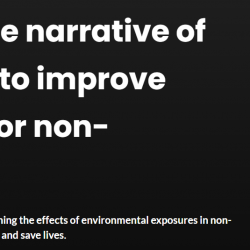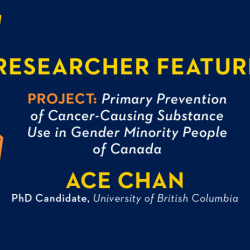CanPath National Scientific Director, Dr. Philip Awadalla and BC Generations Scientific Director, Dr. Parveen Bhatti will be speaking in session 4, “All In: Using Large Population-Based Genomics Studies to Inform Patient Care.” Wednesday, May 3rd: 3:00-4:30pm PST / 6:00-7:30EST / 7:00-8:30pmAST Registration: https://events.genomebc.ca/genomics-forum-2023/ Session Description: “Large population-based studies have taken place in several countries. Examples include All of Us (USA), 100,000 Genomes Project (UK) and Australian Genomics. This session will explore how these countries have made their project successful and how Canada can leverage already existing data and samples to have its own large cohort initiative — one that supports the development of disease screening, diagnostic, prevention and treatment, as well as inform public health policies for our diverse population.” Speakers: Zsuzsanna Hollander (Moderator) – Genome British Columbia Philip Awadalla (Presenter) – CanPath (Canadian Partnership for Tomorrow’s Health) Parveen Bhatti (Presenter) – BC Cancer Research Institute Anastasia Wise – All of Us Research Program, National Institutes of Health Tiffany Boughtwood – Australian Genomics About the Event: “Precision health care promises to target the right treatments to the right patients at the right time. And while genomics technologies have been used to effectively treat patients in health research for decades, thereby revolutionizing patient care, there are areas where these transformational technologies have not yet had a major impact. Join Genome BC on May 3, 2023, this year’s Annual Genomics Forum as we discuss the power and hurdles of integrating genomics into patient management and how we can ensure maximum value is derived from samples and patient data. Other countries have been leading the way in translational genomics research through initiatives such as “All of Us”, inviting one million people across the United States to help build one of the most diverse health databases in history. Australia Genomics has established a national collaboration supporting the translation of genomic research into clinical practice. And Genomics England’s initiative to sequence 100,000 genomes of patients affected by rare diseases or cancer is providing groundbreaking insights and continued findings into the role genomics can play in health care. Though efforts such as these have yet to materialize in Canada, can we leverage already existing biobanks and health data administration systems to make gains and fulfil the promise of precision health for Canadians? Let us learn how we can individually and collectively contribute to filling this gap while ensuring that research and health care advances are equitable to all.” https://events.genomebc.ca/genomics-forum-2023/

